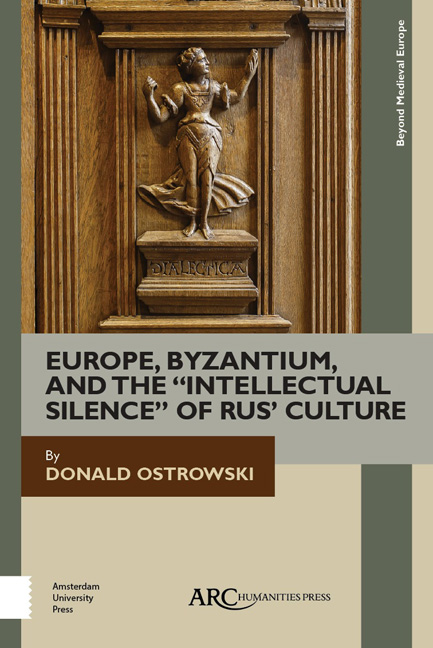1 - Aesthetic Judgment
Published online by Cambridge University Press: 06 January 2021
Summary
Sixty-six years ago, the art historian P. A. Michelis (1903−1969), in writing about the approaches to art, asserted that “our entire aesthetic education” rests on Renaissance conceptions of classical norms. Furthermore, according to Michelis, since the time of the Renaissance, “a narrow humanistic education with a one-sided aesthetics has crippled our aesthetic judgment.” He was writing specifically about appreciation (or lack thereof) of Medieval and Byzantine art. Since then, however, appreciation for the subtleties and nuances of non-Renaissance-based art has increased. When Western travellers in the seventeenth and eighteenth centuries first came into contact with Eastern Church icons, they disparaged them as artless. The English doctor Samuel Collins (1619−1670) commented on Russian icons in the mid-seventeenth century: “Their imagery is very pitiful painting, flat and ugly, after the Greek manner.” This opinion reflected that of Giorgio Vasari (1511–1574), who in the previous century referred to “that crude Greek style” and complained that “their rough, awkward, and commonplace style, owing nothing to study, had been taught according to custom by one artist to another for many, many years without the painters of those times ever thinking of improving their design by the beauty of coloring or some other innovation.” In the past century, we saw the study of icons take its place alongside the study of other art genres. As the Church historian Diarmaid MacCulloch (1951−) remarked:
Each icon follows a wealth of rules of composition built up since the sixth century to express particular theological or devotional propositions around sacred stories … Martha of Bethany busy in her kitchen can be a theologian.
This combination has been … one of the great strengths of Orthodoxy, sustaining it through trials which by most reckonings ought to have eliminated it.
Can we not ask whether aesthetic appreciation of “non-silent” intellectual achievements and developments is analogous? That is, if, upon looking into non-Western philosophy and literature, we feel prompted to ask “Where is their Abelard?” is this not akin to walking into an icon museum and asking “Where are the Botticellis?” And would not such a question reflect more upon the questioner than upon the contents of the museum?
- Type
- Chapter
- Information
- Publisher: Amsterdam University PressPrint publication year: 2018



